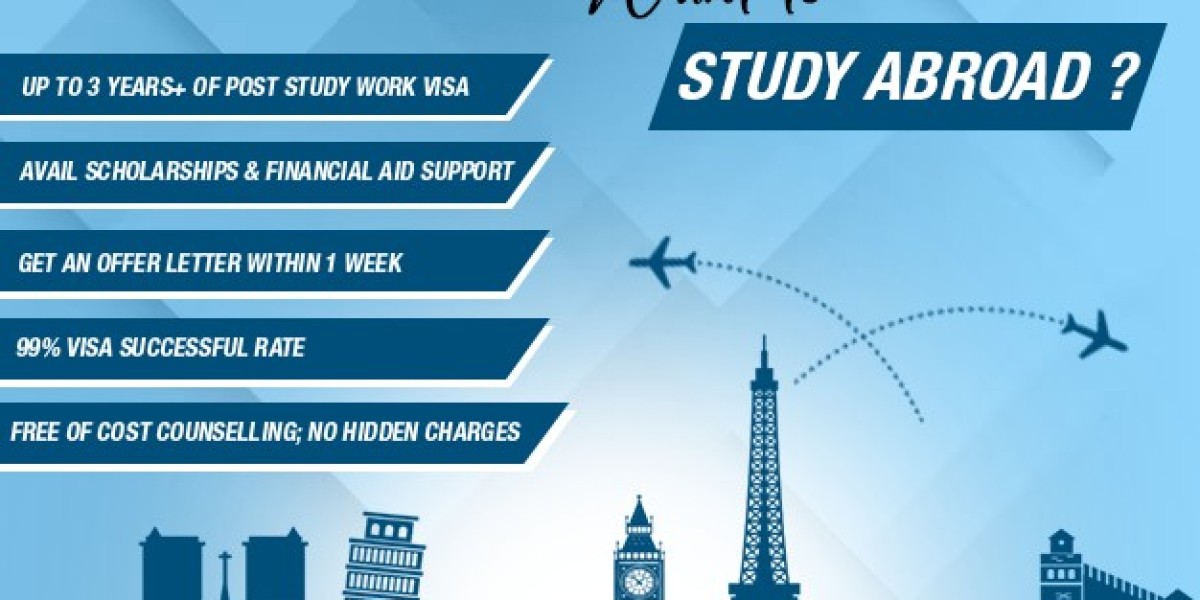The allure of an MBA abroad is undeniable. It's a passport to a global network, a springboard for career advancement, and an immersive experience in a new culture. But with a vast array of programs, application processes, and visa requirements, navigating the path to an international MBA can feel daunting. This guide will equip you with the knowledge you need to make an informed decision and embark on this rewarding journey.
Why Pursue an MBA Abroad?
There are several compelling reasons to consider an international MBA:
Global Exposure: Studying abroad broadens your perspective, equipping you to navigate the complexities of the international business landscape. You'll gain firsthand experience with diverse cultures, business practices, and economic systems.
Enhanced Network: Top business schools boast extensive alumni networks that transcend borders. This opens doors to potential job opportunities, mentorships, and lifelong connections.
Specialized Programs: Many universities offer specialized MBA programs tailored to specific industries or regions. This allows you to develop a deep expertise that aligns with your career goals.
Career Advancement: An MBA from a prestigious international institution can significantly boost your resume and open doors to leadership positions in multinational corporations.
Top Destinations for International MBAs
The world is your oyster when it comes to pursuing an MBA. However, some countries consistently rank high due to a combination of factors like program quality, affordability, and post-graduation job prospects. Here are some popular choices:
United States: Home to some of the most renowned business schools (Harvard, Stanford, Wharton), the US offers a rigorous academic experience and access to a vibrant job market. However, tuition fees tend to be on the higher end.
United Kingdom: The UK boasts a rich academic tradition and a wide range of MBA programs, from one-year intensive options to traditional two-year formats. London Business School and Cambridge Judge Business School are among the top contenders.
Canada: With excellent universities, a multicultural environment, and a more affordable price tag compared to the US and UK, Canada is a rising star in the international MBA arena. The Rotman School of Management (University of Toronto) and McGill University's Desautels Faculty of Management are well-regarded options.
Australia: Australian universities offer a blend of academic rigor and practical application. Programs tend to be shorter (1.5-2 years) and often focus on developing leadership skills in an Asian context. Melbourne Business School and Sydney Business School are highly regarded.
Factors to Consider When Choosing a Program
Selecting the right program hinges on several factors:
Specialization: Do you want a general MBA or one focused on a specific area like finance, marketing, or entrepreneurship?
Program Format: Consider full-time, part-time, or executive MBA options depending on your work commitments and schedule.
School Ranking & Reputation: While rankings are a good starting point, delve deeper into the program's strengths, faculty expertise, and career placement record.
Cost & Scholarships: Tuition fees and living expenses can vary significantly. Research scholarship opportunities and explore financing options.
Location & Culture: Consider the country's culture, language requirements, and post-graduation work visa options.
The Application Process
Securing admission to a top international MBA program is competitive. Here's what you'll typically need:
Strong Academic Record: A stellar undergraduate degree (preferably in a business-related field) is crucial.
Standardized Test Scores: Most programs require GMAT or GRE scores, which assess your quantitative, analytical, and verbal reasoning skills.
Work Experience: Demonstrated work experience showcases your business acumen and career goals. Highlight relevant achievements and leadership qualities.
Essays & Letters of Recommendation: Well-crafted essays that articulate your career aspirations and motivations are essential. Seek strong letters of recommendation from employers or professors.
English Language Proficiency Test: If English isn't your native language, you'll need to take the TOEFL or IELTS test to demonstrate your language skills.
Financing Your MBA Abroad
The cost of an international MBA can be substantial. However, several avenues can help manage the financial burden:
Scholarships: Many universities offer merit-based and need-based scholarships specifically for international students. Research these opportunities diligently.
Loans: Educational loans can help bridge the financial gap. Explore options from banks or government-sponsored programs.
Work-Study Programs: Some universities offer work-study programs that allow international students to gain practical experience and earn some income while studying.
Employer Sponsorship: If you're already employed, consider discussing sponsorship opportunities with your company. This could involve them covering a portion of the tuition fees in exchange for a commitment to stay with the company after graduation.
Life After Graduation: Career Prospects
An international MBA equips you with the skills and knowledge to thrive in a globalized business environment. Here are some potential career paths:
Multinational Corporations: MBA graduates with international experience are highly sought-after by multinational corporations for leadership positions in various departments.
Consulting: Consulting firms value the analytical and problem-solving skills honed during an MBA program. You could specialize in areas like strategy, operations, or human resources.
Entrepreneurship: The entrepreneurial spirit is fostered in many MBA programs. The skills and network gained can empower you to launch your own venture.
Non-Profit Sector: An MBA can equip you to make a positive impact in the non-profit sector, leading organizations with a focus on social impact or sustainable development.
Conclusion
Earning an MBA abroad is an enriching experience that transforms you professionally and personally. By carefully considering your goals, researching programs, and crafting a strong application, you can set yourself on the path to success in the global business world. Remember, the journey itself is a valuable learning experience. Embrace the challenges, immerse yourself in the new culture, and build a network that will propel you forward throughout your career.
5 FAQs About Studying Your MBA Abroad
Do I need work experience before applying for an international MBA?
Yes, most top programs require at least 2-3 years of work experience. This allows you to demonstrate your business acumen, leadership potential, and how an MBA can build upon your existing skills.
What are some alternatives to the GMAT or GRE?
Some universities are increasingly accepting alternative admissions tests or considering a holistic review of your application, including your work experience and achievements. Research specific program requirements for details.
Is it possible to study an MBA abroad without learning the local language?
While English proficiency is typically required, some programs cater to international students and offer instruction primarily in English. However, learning the local language will enhance your overall experience and career opportunities in that country.
What are some visa considerations for studying abroad?
Student visa requirements vary depending on the country. Research the specific visa process for your chosen program and country well in advance. You may need to demonstrate financial support and proof of health insurance.
How can I prepare for the cultural adjustment of studying abroad?
Research the culture of your chosen destination beforehand. Connect with alumni from your program or international students' associations to gain insights. Be open to new experiences and embrace the opportunity to learn and grow from a different perspective.









